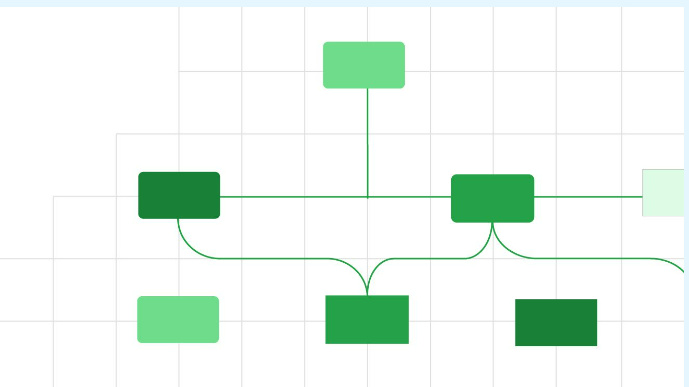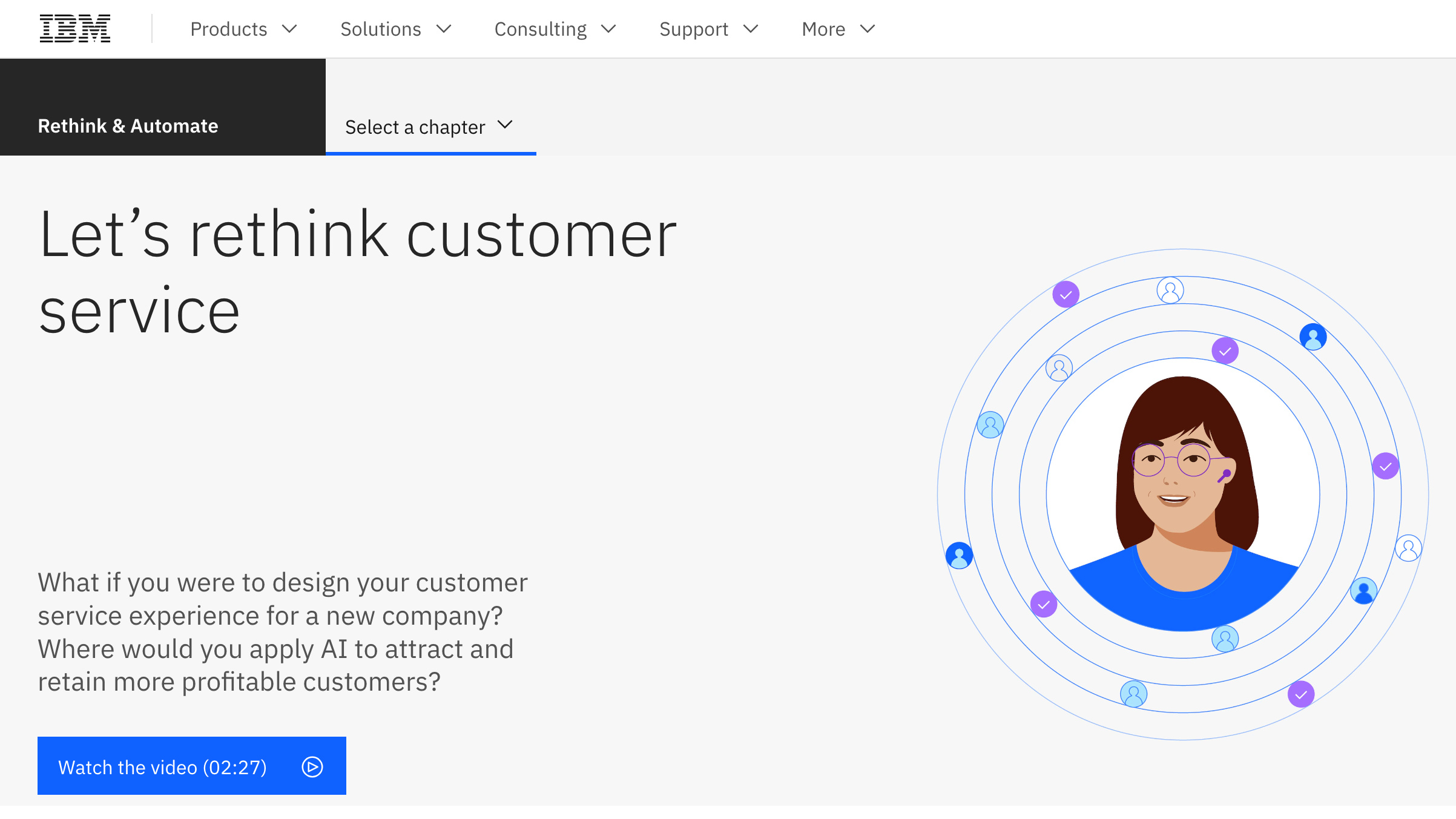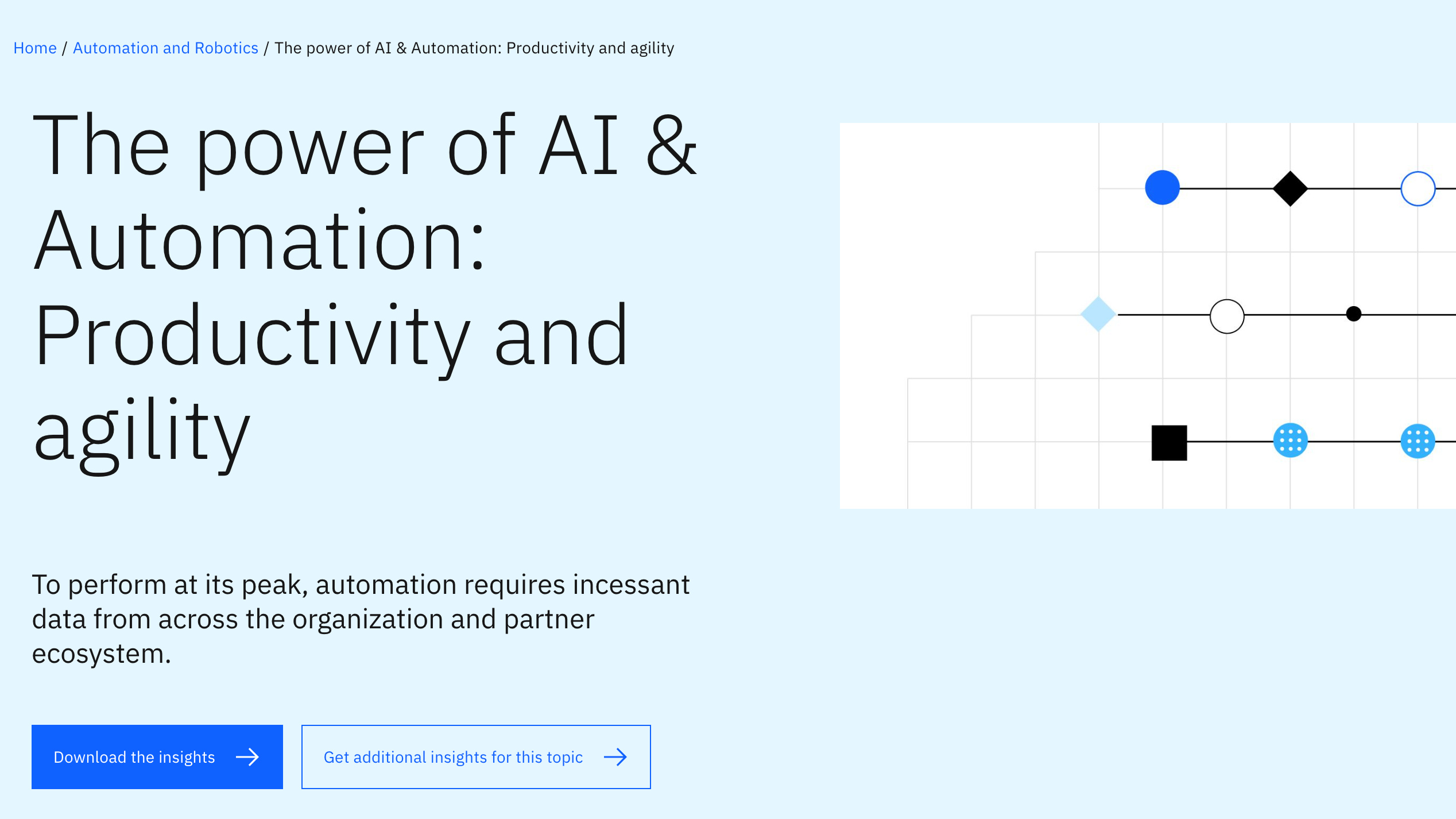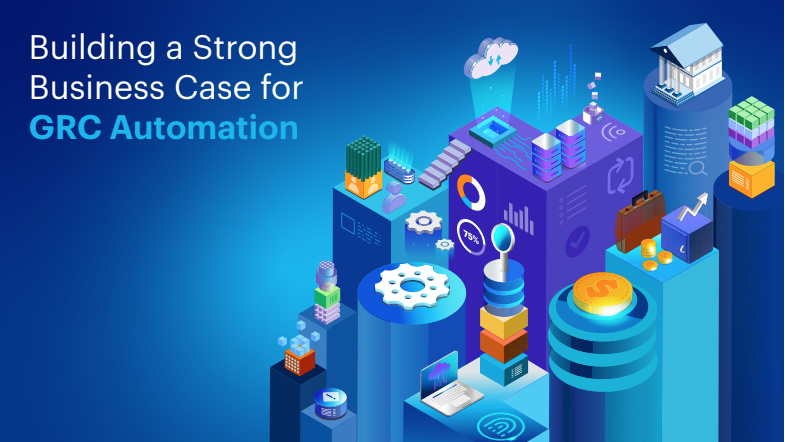'Low-code data' placed front and centre at Appian World 2021
CEO Matt Calkins claims low-code data overcomes the last major hurdle of application development


While low-code app creation and management may be Appian’s bread and butter, data and automation were the name of the game on day one of Appian World 2021.
During the opening day keynote of the annual conference, once again held virtually rather than in the US, CEO Matt Calkins unveiled the latest iteration of Appian Low-code Automation Platform. While it still has the standard low-code app creation and management features, the new platform also includes low-code data.
According to the company, low-code data overcomes a major hurdle for businesses when it comes to creating apps and processes that have really high functionality, namely integrating data. Until now, it’s claimed, this would have required developers to have a host of database skills, however low-code data enables them to access data in the same simple, visual way that they use to develop low-code apps.
“We've seen year after year that the hardest thing about building an application is the data," Calkins explained, speaking to IT Pro ahead of the conference. "It’s hard to access the data, it's hard to know where it is, it’s hard to find the thing that you need specifically, it's hard to get permissions, it's hard to do multi-database joins... it's slow. In the end, most people give up.”
This, he said, leads to significant underuse of data in most businesses, which sits in silos that have little or no visibility to each other and, because of the difficulty with integration, aren’t fully used by apps either.
With low-code data, Appian is making all of an enterprise’s data drag-and-droppable objects that can be integrated into the workflow in the same way anything else would be. This, the company says, allows its customers to make full use of their data across all apps, rather than having to take a narrow view of data one silo at a time.
“Traditionally, it has been really hard to do joins across multiple data sources because they don't have a foreign key to each other and so there's no index – You're just sort of mashing them together and maybe they don't really line up or you have different spellings or something,” Calkins said.
Get the ITPro daily newsletter
Sign up today and you will receive a free copy of our Future Focus 2025 report - the leading guidance on AI, cybersecurity and other IT challenges as per 700+ senior executives
“We've solved it in a way that once you identify all the objects in your enterprise, and then Appian goes ahead and queries those objects and pre-caches an index to help you do the join. And then we update that cache periodically, to be sure that you're always getting a fresh join… and we're doing it all behind the scenes so that whoever makes the application does not have to be a data expert, or know what's joining where; they just need to say what they want,” he explained.
As well as low-code data, the new version of Appian Low-code Automation Platform also introduces robotic process automation (RPA) functionality. During his keynote, Calkin described automation as fundamental to business, saying it was “about time someone brought [it and low-code development] together”.
He explained that automation and application development are about the same thing – workflows – so it makes sense to be able to deliver them in one package.
“Low-code and automation belong together,” he told IT Pro. “The simplicity, the ease of having it all be a single source application is superior and advantageous.”
Just because RPA is now included in Appian’s platform doesn’t mean customers are obliged to use it, though.
“We're still very open, and we're happy to work with any RPA or AI leader,” he said. “But I think many customers are going to prefer to use our RPA, because there's no marginal cost for additional bots – it's very economical. And some customers will prefer to use our AI, because you don't have to send your data outside of the enterprise to get AI analysis, if it's packaged in Appian.”
The new version of Appian Low-code Automation Platform will be generally available in June.

Jane McCallion is Managing Editor of ITPro and ChannelPro, specializing in data centers, enterprise IT infrastructure, and cybersecurity. Before becoming Managing Editor, she held the role of Deputy Editor and, prior to that, Features Editor, managing a pool of freelance and internal writers, while continuing to specialize in enterprise IT infrastructure, and business strategy.
Prior to joining ITPro, Jane was a freelance business journalist writing as both Jane McCallion and Jane Bordenave for titles such as European CEO, World Finance, and Business Excellence Magazine.
-
 Should AI PCs be part of your next hardware refresh?
Should AI PCs be part of your next hardware refresh?AI PCs are fast becoming a business staple and a surefire way to future-proof your business
By Bobby Hellard Published
-
 Westcon-Comstor and Vectra AI launch brace of new channel initiatives
Westcon-Comstor and Vectra AI launch brace of new channel initiativesNews Westcon-Comstor and Vectra AI have announced the launch of two new channel growth initiatives focused on the managed security service provider (MSSP) space and AWS Marketplace.
By Daniel Todd Published
-
 Can robots work safely alongside humans? This one industry leader thinks we're not far away
Can robots work safely alongside humans? This one industry leader thinks we're not far awayNews Humanoid robots and people will be able to work truly side-by-side this year, according to the CEO of one leading robotics company.
By Nicole Kobie Published
-
 The power of AI & automation: Proactive IT
The power of AI & automation: Proactive ITWhitepaper Automation strategies to dynamically and continuously assure cost-effective application performance
By ITPro Published
-
 Magic Quadrant for enterprise conversational AI platforms
Magic Quadrant for enterprise conversational AI platformsWhitepaper An evaluation of the conversational AI platform (chatbot) market
By ITPro Last updated
-
 Let's rethink customer service
Let's rethink customer servicewhitepaper Discover new ways to improve your customer service process
By ITPro Published
-
 The power of AI & automation: Productivity and agility
The power of AI & automation: Productivity and agilitywhitepaper To perform at its peak, automation requires incessant data from across the organization and partner ecosystem
By ITPro Published
-
 Digitization solves manufacturing’s five toughest challenges
Digitization solves manufacturing’s five toughest challengesWhitepaper Discover the technology trends that overcome manufacturing’s challenges, from cyber resilience to breaking free from legacy technology
By ITPro Published
-
 The four pillars of excellence for technology leaders
The four pillars of excellence for technology leaderswhitepaper Download this CIOs business case for integration and automation
By ITPro Published
-
 Building a strong business case for GRC automation
Building a strong business case for GRC automationwhitepaper Successfully implement an innovative governance, risk & compliance management platform
By ITPro Published